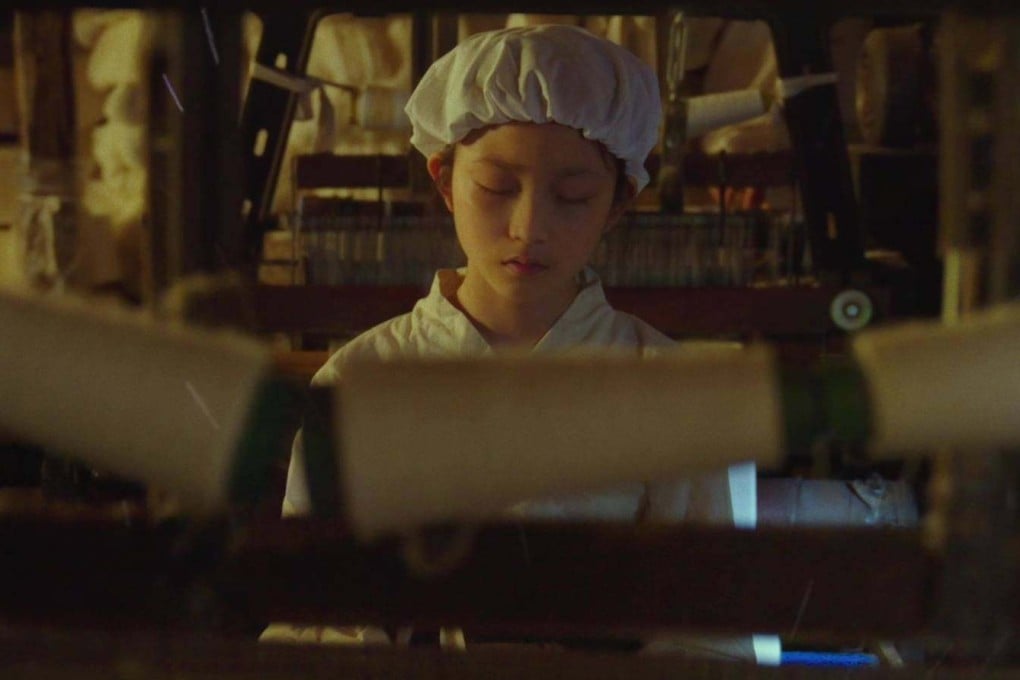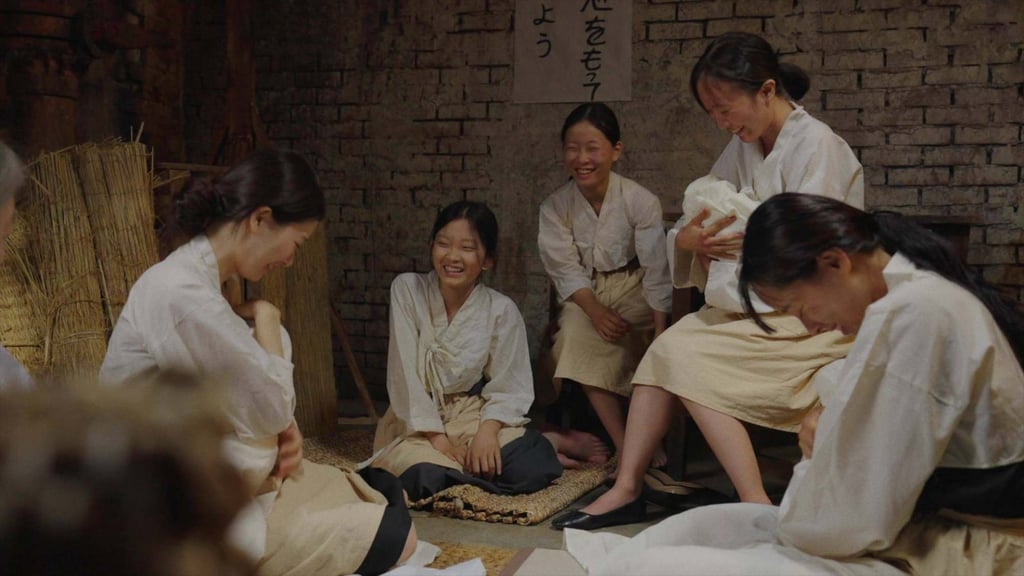Korean women’s hardship working in Japanese textile mills recalled in documentary
- A Song of Korean Factory Girls tells the story of 30,000 Korean women who faced abuse working in textile mills in Japan from 1910 onwards

By Baek Byung-yeu
It is well known that many Koreans were forcibly conscripted and worked as sex slaves during the 1910 to 1945 Japanese occupation of Korea. However, the story of around 30,000 Korean women who worked at spinning mills over 40 years from 1910 in Osaka is not widely known.
To shed light on these lesser-known figures, documentary A Song of Korean Factory Girls tells the story of the women who endured discrimination yet showed great perseverance in an unfamiliar place.
The film vividly recreates the memories of these workers – more than 80 per cent of whom were teenage girls – who crossed the sea to work in spinning mills and support their families during the Japanese colonial era. It does so through survivors’ testimonies, historical records and re-enactments.

However, the tone of the film portrays these workers as independent, strong women who carved out their own lives, not just victims of discrimination and violence.